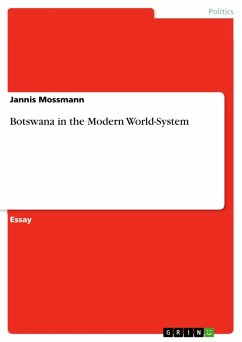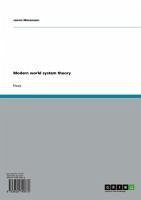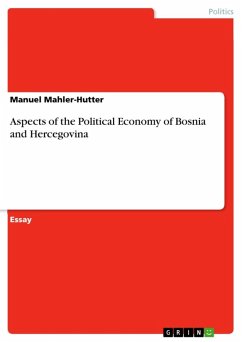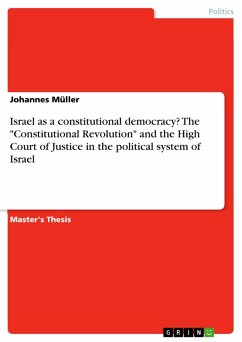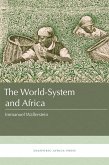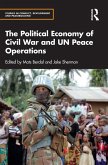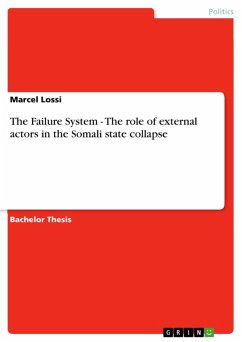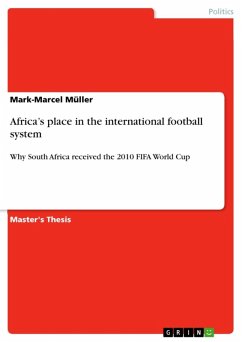Essay from the year 2007 in the subject Politics - International Politics - Region: Africa, grade: 78, Stellenbosch Universitiy, course: Comparative Political Economy, language: English, abstract: Botswana is described as the "African miracle" (Samatar, 1999), as an "exception" (Good, 1992), or as "a rare example of an African state that used its bonanza of mineral riches wisely" (Meredith, 2006:285). However, critique verbalized by Taylor (2003) and Good (1992) has shown that Botswana's economic history is not a pure success story; even it illustrates a positive example of African development compared to almost all the other African countries. To analyze Botswana's economic history I will date back to the beginning of the 1900s. At this time, Botswana's eight main chiefdoms dominated regional African trade. The indigenous elite welcomed trade with European settlers who arrived in this period. While Botswana's neighbor countries experienced the process of incorporation into the modern world-economy already, Botswana started to shift into the external arena of the global economy. This essay will show how Botswana is and has incorporated into the modern worldeconomy referred to Immanuel Wallerstein's modern world-system theory. I will start with an overview about Botswana's actual trade situation to be able to locate the country within the global division of labor. Afterwards the paper analyses the history of Botswana's shift into the external arena of the modern world-system followed by its incorporation. Furthermore, I will illustrate Botswana's economic development since the incorporation. A second part of Botswana's history deals with the economy-based class structure and how it shaped the political history since Botswana achieved political independence in 1966. I will argue that the class structure, as already indicated, has to be understood in the context of pre-colonial and colonial development. After all, I will point out what important contemporary political-economic features of Botswana are not accounted for in my world-systems-based analysis. The essay will finish with a short conclusion to draw a statement about a world-system based analysis about Botswana's political-economy.
Dieser Download kann aus rechtlichen Gründen nur mit Rechnungsadresse in A, B, BG, CY, CZ, D, DK, EW, E, FIN, F, GR, HR, H, IRL, I, LT, L, LR, M, NL, PL, P, R, S, SLO, SK ausgeliefert werden.

